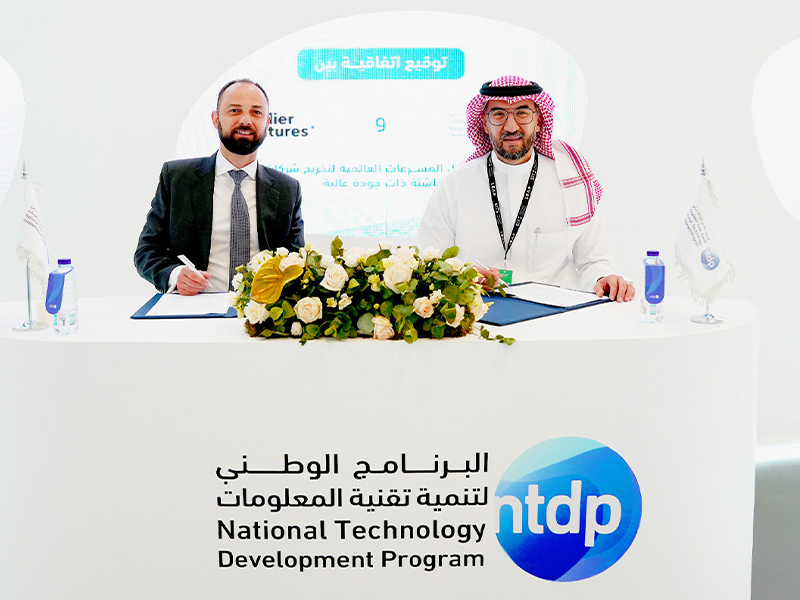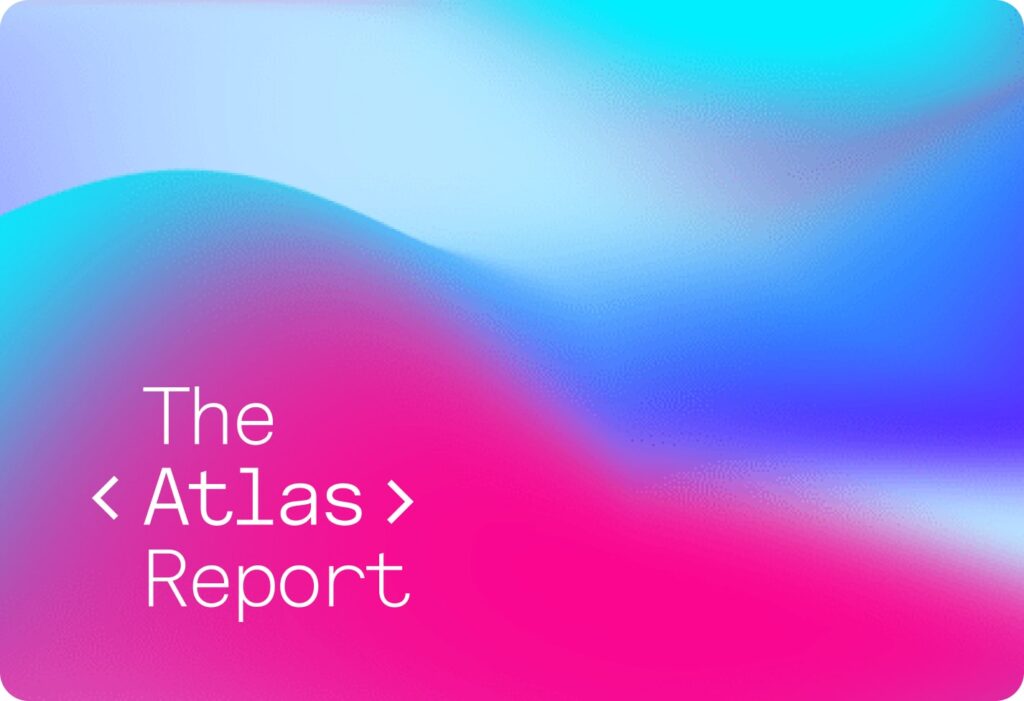The market has made it difficult for many Web3 projects to get off the ground. However, since coming out of stealth in July, Metropolis have managed to sell out two NFT drops in a matter of hours, both of which topped Open Sea. They are the first city to be covered by Time Out and boast prominent “Founding Citizens” from across the Web3 and Arts and Culture space, including Steve Aoki, Bored Elon, and Dillon Francis.
Graduates of Q2 2022’s Filecoin Base Camp, Metropolis came into Base Camp having raised a substantial Pre-Seed round. They went on to raise a successful Seed round and build a world-class product.
What makes Metropolis stand out among metaverses is chiefly the team’s dedication to their original purpose and vision—a Metaverse that truly feels real and enjoyable. Celeste, Metropolis’ genesis is meant to be as dynamic and vibrant as real cities; that feels alive and draws people in. At Outlier Ventures (OV), we’re confident that projects like Metropolis are essential building blocks for the open Metaverse. They weave together the fabrics of tech, arts, and finance while giving power to community members, which are essential building blocks for the Open Metaverse.
A strong team
Founded by Lebanese-British siblings Rania and Rashid Ajami, the idea of Metropolis draws heavily on the co-founders’ professional and personal experience. Chief Creative Officer (CCO) Rania Ajami has years of experience creating award-winning off-broadway immersive theater productions, namely Pip’s Island. CEO Rashid Ajami has previously toured the world as a house and techno DJ, leveraging his network to onboard prominent DJ’s, including 3Lau, Dillon Francis and Steve Aoki, as founding citizens. Much like Rania, Rashid is also a serial entrepreneur having started Campus Society, a social network for University students that has grown to over one million users. The founding team also consists of Creative Producer Jeff Athey (a performance artist) CTO Joby Ingram-Dodd, (an entrepreneur with a background in AI engineering) and Head of Community Zack Hinson, who has years of experience building Web3 communities.
Altogether, the well-rounded and complimentary experience of the founding team made OV confident that they were the right team to pull off a creative project of this magnitude.
A quality product
Metropolis is a prime example of quality and meticulous product design. With a background in film and television, Rania and Jeff made sure every corner of the world, from buildings, to artifacts and the characters, has a unique story.
“People are constantly launching all these supposed Metaverse things, and none of them have left us that inspired,” says Rania. “Our emphasis on quality content attracts really cool people to our ecosystem, a place people would want to go and interact with and play in and just wander around.”
That attention to detail results in a Metaverse populated with truly unique attributes, rather than streets filled with copied-and-pasted buildings or one-note avatars. Metropolis is a space with new experiences around every corner. It is a place where there’s always something new to discover.
<What the Metaverse needs: an oasis in the technological desert>
In this sense, Metropolis takes inspiration from cities like London, New York, and Paris. “What is it that makes an incredible city? It’s the beauty of the architecture, it’s the community that inhabits those buildings. It’s the content that you can experience. It’s the marketplace, where you can spend and trade. It’s the immersion,” Rania explains.
Web2 to Web3
Convenience and problem-solving are often at the core of any startup’s mission. For companies that want to encourage mainstream adoption of Web3, accessibility and ease of use will be key factors for any product to succeed and outshine competitors.
Metropolis avoids jargon and technical concepts as much as possible. It doesn’t assume that their audience has a grasp of Web3 tools such as how to set up a wallet. They also have extensive documentation available on their website and in their community for people who are new to Web3.
As large brands begin to dip into the Web3 space, we’re seeing a large push for so-called Web2.5 projects. These are projects that incorporate elements of Web3 such as NFT’s and Tokens, but are otherwise designed for Web2 users coming into the space. Metropolis is first and foremost a captivating product. Hand-drawn by leading artists including Raphael Vanhomwegan and Pucks, the visuals of Metropolis are inviting and quality. The streets are teeming with life, as each building has its own story behind it.
The team’s effort to make Metropolis World a genuinely good product first makes it exciting to Web3 and Web2 users alike. Their user-friendly experience, in addition to their differentiated purpose and thoughtful design, make it an obvious choice over other Metaverse competitors.
Community involvement
One of the unique advantages of building (and improving) a Web3 solution is the community. Like a real city that is shaped by people who inhabit it, Metropolis’ community is given power to decide on urban affairs (governance) and customize their spaces, reviving the Metaverse with their own contributions. This makes the world feel consistently vibrant and alive.
This community also consists of prominent founding citizens from across the arts and culture space. For the City of Celeste, the first city in the world, each founding citizen receives a free custom NFT property and becomes an ambassador for the world. Visitors can look at a digital render of Steve Aoki’s Las Vegas house or play at the virtual chess club. Another NFT property features a recreation of an artist warehouse in Hackney Wick, London.
A report by Gartner predicts that 25% of people will spend at least one hour each day in the Metaverse by 2026. But to date, we don’t know what that Metaverse will look like. Metropolis knows that copy/pasted content makes for copy/pasted engagement. Everyone is the protagonist in their own story, and so every asset in the world has to reflect that in its quality of product and content. A city, to quote Stituationinst Bruno Latour, is only what exists “beneath the paving stones.” And by making their city alive and vibrant; by focusing on making it dynamic, Metropolis World is positioning itself for success.



